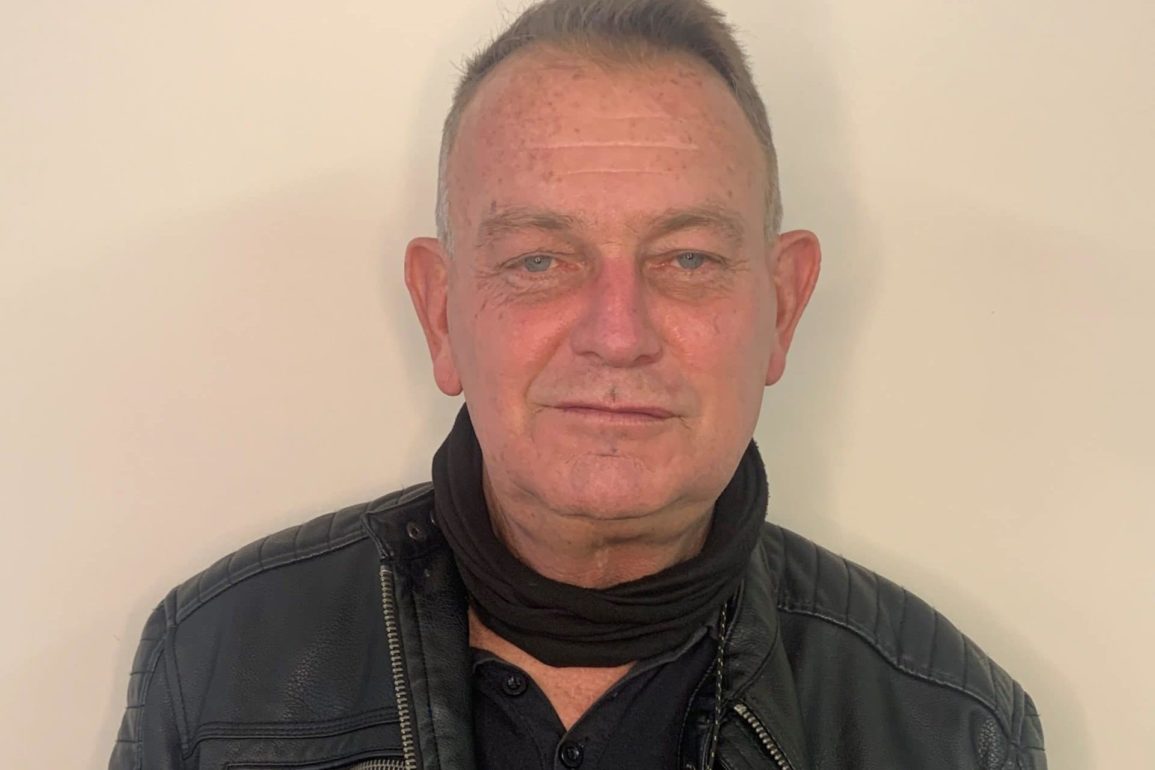Johan Viljoen, the Director of Denis Hurley Peace Institute, said he was happy to hear Bishop Wilfrid Anagbe and Father Remigius Ihyula, both of the Catholic Diocese of Makurdi in Benue State, referring to what is happening in Nigeria as a genocide.
In an online meeting which was organized by Aid to the Church in Need (ACN) Bishop Anagbe and Johan Viljoen gave presentations from their researches regarding the reality of the situation in Nigeria, especially the South-Eastern part. ACN had organized a meeting on the 29th of September wanting to know if Nigeria is a country at war. Facilitating the meeting was Maria Lozano, Head of Press International for ACN. She said it was back in 2016 when she heard, to her surprise, for the first time from a bishop that the Fulani ethnic group, the almost unknown group, is another group massacring Nigerians. She had known only about Boko Haram. Maria noted that in 2018 ACN had condemned the conflict in its report after having spoken about it for some time, but there was nothing in the national and international media. “If anybody raised their voice they were very quickly silenced to avoid any escalation of the conflict”, added Maria. She said remarked that today the silence has to be broken.
After Mark von Riedemann, Director of Advocacy and Public Affairs of ACN gave the context of the situation, the religious background, and demographics Bishop Anagbe made a presentation of his report. The report focused on the displacement situation in Benue State. In the report Bishop Anagbe pointed out that “According to a recent study carried out by the Institute for Peace and Conflict Resolution (IPCR), the attacks on farmers by killer herdsmen in Nigeria has been identified as the single most widely spread peace and security threat, affecting almost all the 36 states in Nigeria.”
He also added that the problem they face can only be appreciated fully when one considers that as from 2016 some estimates indicated that the attacks by Fulani herdsmen on farming communities in the Benue valley has claimed more lives than the Boko Haram insurgency. “The herdsmen are predominantly Muslims while the farmers are over 90 percent Christians”, stressed the Bishop.
Bishop Anagbe said the intensity of the killings suggest an ethnic cleansing agenda because the Fulani herders are systematically killing the local population and occupying their territories. “The killings have a motive of religion behind them. The Fulani killers are Muslims and the conquering of the territory is paramount to large populations in Nigeria.”
Johan Viljoen of DHPI echoed the observations of Bishop Anagbe in his presentation noting that because of the focus on Boko Haram the atrocities committed by the Fulani killers have gone largely unnoticed. He noted that local sources say that these are not cattle herders even though they have been around for decades having conflicts with the locals over the grazing land. “Locals (in Anambra) describe the current wave as armed Fulani militias. They carry AK47s and wear combat uniforms”, said Viljoen. He also added that the militias have established camps in the forests killing the men and raping the women, and in many areas, there are now food shortages and hunger. The militia is being brought in by trucks and supplied with arms once they have established themselves in the south.
Johan said the Fulanis are operating under the umbrella of an organization called Miyetti Allah, which was originally founded to promote the Fulani interests. “The patron of Miyetti Allah is President Muhammadu Buhari himself,” asserted Viljoen. He pointed out that local commentators and analysts describe the situation in the south as a concerted, well-coordinated, occupation saying that, “the ultimate goal is to occupy the entire country and establish a Caliphate, giving the Fulani access to land and mineral resources.” He pointed out that the locals have noted that to date the government has not prosecuted a single Fulani for their violence. “Fulani has been posting on social media that all Nigeria belongs to them,” said Viljoen after noting that the government has been resisting proposals from governors of southern states to ban uncontrolled grazing.
In responding to the questions asked by some of the attendees, Bishop Anagbe said the ultimate goal in all these conflicts is the Fulanization of Nigeria. Fr. Fidelis Joseph, a Nigerian priest said we are witnessing a slow genocide. Fr. Joseph remarked that many narratives have been given, people are suffering and need assistance. People are losing their farmlands, their livelihood and need support.
Commenting on the matter Fr. Gideon Obasogie said it is a metamorphosis of Boko Haram, they want to wipe out all Christians. “We need to find out who are the sponsors of this terror if we need to end this terrorism. International agencies need to learn how to work with the Catholic Church in Nigeria,” pleaded Fr. Obasogie
Fr. Oliver, a Nigerian priest who resides in the USA, thanked the ACN for drawing attention of the world to Nigeria also noting that there is a total blackout of the news on Nigeria in the USA.
Deliberations were also made regarding how the problem can be solved currently and in the foreseeable future. Mark von Riedemann and Fr Fidelis Joseph said Europeans aiders should consider the church as its partners. Mark added that ACN is prepared to help going forward.
Attending the meeting was also Mario Almeida of the Vatican Migrants and Refugees Section and he noted that the world is not paying serious attention to the problem in Nigeria. In attendance too were the two bishops from the Southern African Catholic Bishops’ Conference, Bishop Jan De Groef and Bishop Silvester Davids. The two bishops from South Africa suggested that the Nigerian Catholic Bishop Conference send a request to SACBC to ask for their support as they personally think that this concerns all Bishops on the African continent.










